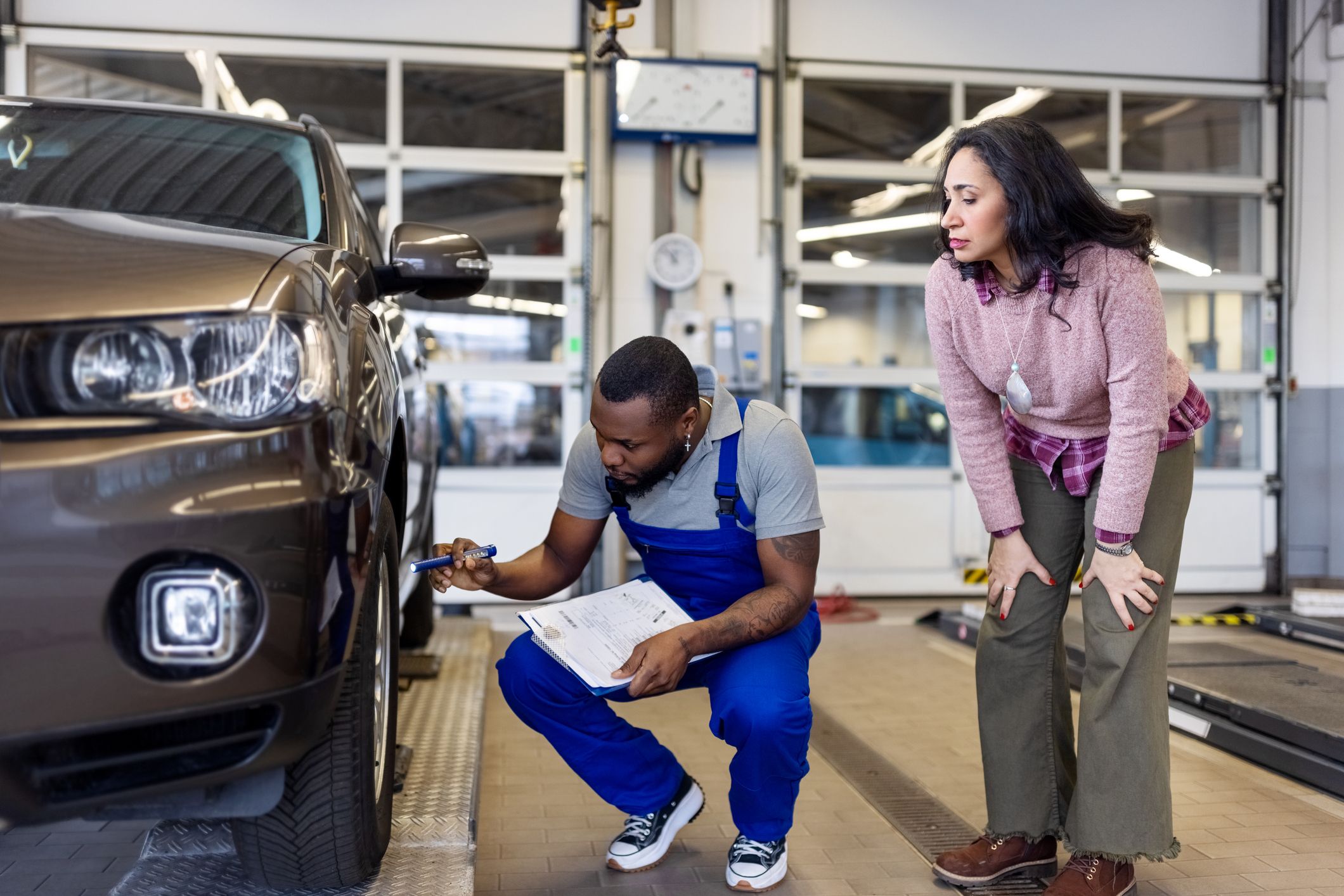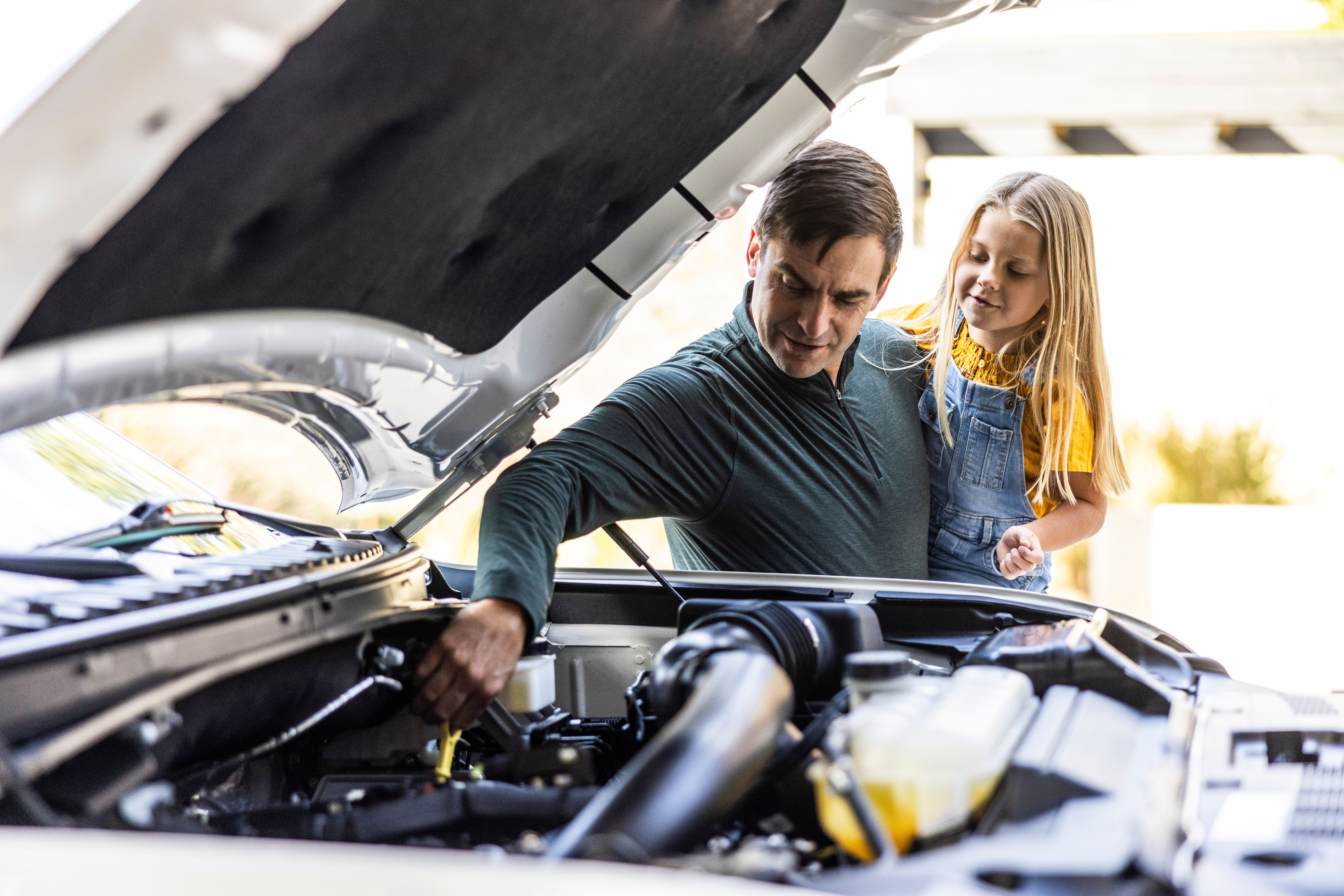All You Need to Know About Vehicle Checks
Buying a used car? A vehicle history check is your best friend. It uncovers a car's past, including MOT records, outstanding finance, and whether it's been stolen or written off. Find out how to protect yourself with Cazoo's simple guide.
The Cazoo editorial team
Published on 28 August 2025 | 2 mins read

Buying a car is a big decision, especially when it comes to used vehicles. While many used cars offer incredible value, it’s essential to take the time to understand their history. That’s where vehicle checks shine—they provide critical insights into a car’s past, from its MOT record to whether it’s been stolen or written off. By doing vehicle checks, you can avoid nasty surprises and make a confident purchase.
Here’s everything you need to know to get started.
What Is a Vehicle Check?
A vehicle check is an investigation into a car’s history using its registration details. Think of it like a car’s report card—it helps you understand how the vehicle has been treated, maintained, and whether it has any skeletons in the closet.
What Does a Basic Vehicle Check Include?
Basic vehicle checks—which are often free—provide essential information such as:
- The car’s make, model, and colour
- Tax and MOT status
- Engine size and fuel type
- CO2 emissions
What About Paid Checks?
Paid vehicle checks dig deeper, unveiling potential deal-breakers like:
- Outstanding finance agreements
- Whether the vehicle has been stolen
- Insurance write-off history
- Mileage discrepancies
- Logbook (V5C) verification
This extra information ensures you’re not blindsided after driving your new car home.

Why Should You Check a Vehicle’s History?
1. Avoid Dodgy Deals
Imagine buying a car, only to find out later it’s been reported stolen. Vehicle checks can prevent you from inadvertently getting tangled up in legal troubles. For instance, a check can confirm if the Vehicle Identification Number (VIN) matches the V5C logbook and hasn’t been tampered with.
2. Uncover Hidden Costs
A car that looks shiny on the outside may have a murky past. Vehicle checks reveal if the car’s been written off by insurers or if there’s outstanding finance attached—issues that could cost you down the line.
3. Negotiate Smartly
If a car’s report reveals recurring MOT issues or minor faults, use that as leverage during price discussions. For example, spotting consistent advisories for worn tyres or brake pads could help reduce the asking price.
How to Do a Vehicle Check
Step 1. Use Free Resources like the DVLA
Start with a free check on the DVLA website. Simply enter the registration number, and you’ll see details about the car’s tax and MOT status.
Step 2. Opt for a Paid Vehicle Check
For a fuller picture, consider a paid service through platforms like HPI Check or Auto Trader. These typically cost between £10 and £20 but provide invaluable information about finance, theft, and accident history.
Step 3. Check the MOT History
Visit Gov.uk to examine whether the car has consistently passed its MOTs. Look for red flags like repeated advisories or major repairs.
Step 4. Inspect in Person
After gathering the paperwork, ensure the physical car matches its records. Confirm the VIN on the vehicle matches its logbook, and double-check its condition aligns with what the seller advertises.

Common Red Flags to Watch Out For
When conducting a vehicle check, keep an eye out for these warning signs.
1. Outstanding Finance Deals
Any unpaid finance agreements attached to a car mean the lender—not the seller—still owns the vehicle. Buying it could leave you out of pocket. Always confirm that the check shows no outstanding loans.
2. Stolen Vehicles
If a car's report lists it as stolen, walk away immediately. Stolen cars can be seized by the police, and buyers won’t receive compensation even if they purchased in good faith.
3. Insurance Write-Offs
An accident history isn’t always a deal-breaker, but write-offs—cars that insurers classed as not worth repairing—require caution. Check the category (A, B, N, or S) to see whether the issue is structural or cosmetic, and proceed only if you’re comfortable with the risk.
4. Mileage Discrepancies
Mileage "clocking" is a scam that involves rolling back the odometer to make a car seem less used. Vehicle checks cross-check mileage figures from MOT records, making it easy to spot inconsistencies.
Paid vs Free Vehicle Checks
Free Checks
Free services such as the DVLA’s tools are a solid starting point, revealing tax and MOT data. Though useful, they don’t cover critical issues like finance or accident history.
Paid Checks
For deeper insight, investing in a paid check delivers peace of mind by covering stolen status, write-offs, and mileage issues. Some services even include guarantees or insurance against overlooked issues.
Key Tips for Buyers
- Always verify every detail: Ensure the registration number, VIN, and logbook match the car itself.
- Don’t overlook the MOT history: Repeated MOT failures or advisories could point to underlying problems.
- Consider the total cost: Outstanding finance or necessary repairs can quickly add up.
Vehicle checks are a small but important step in buying a car. By doing your homework upfront, you can avoid headaches later and drive away with confidence.